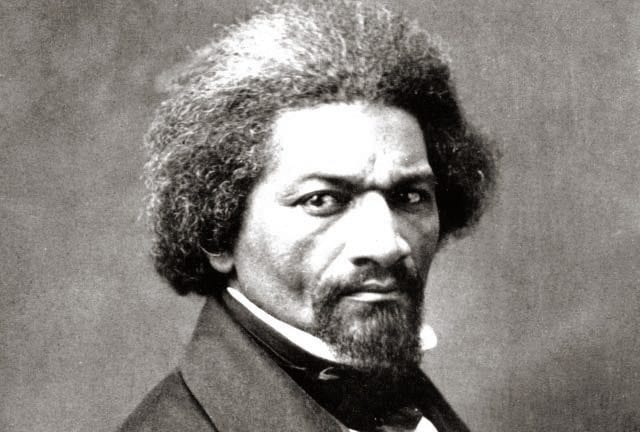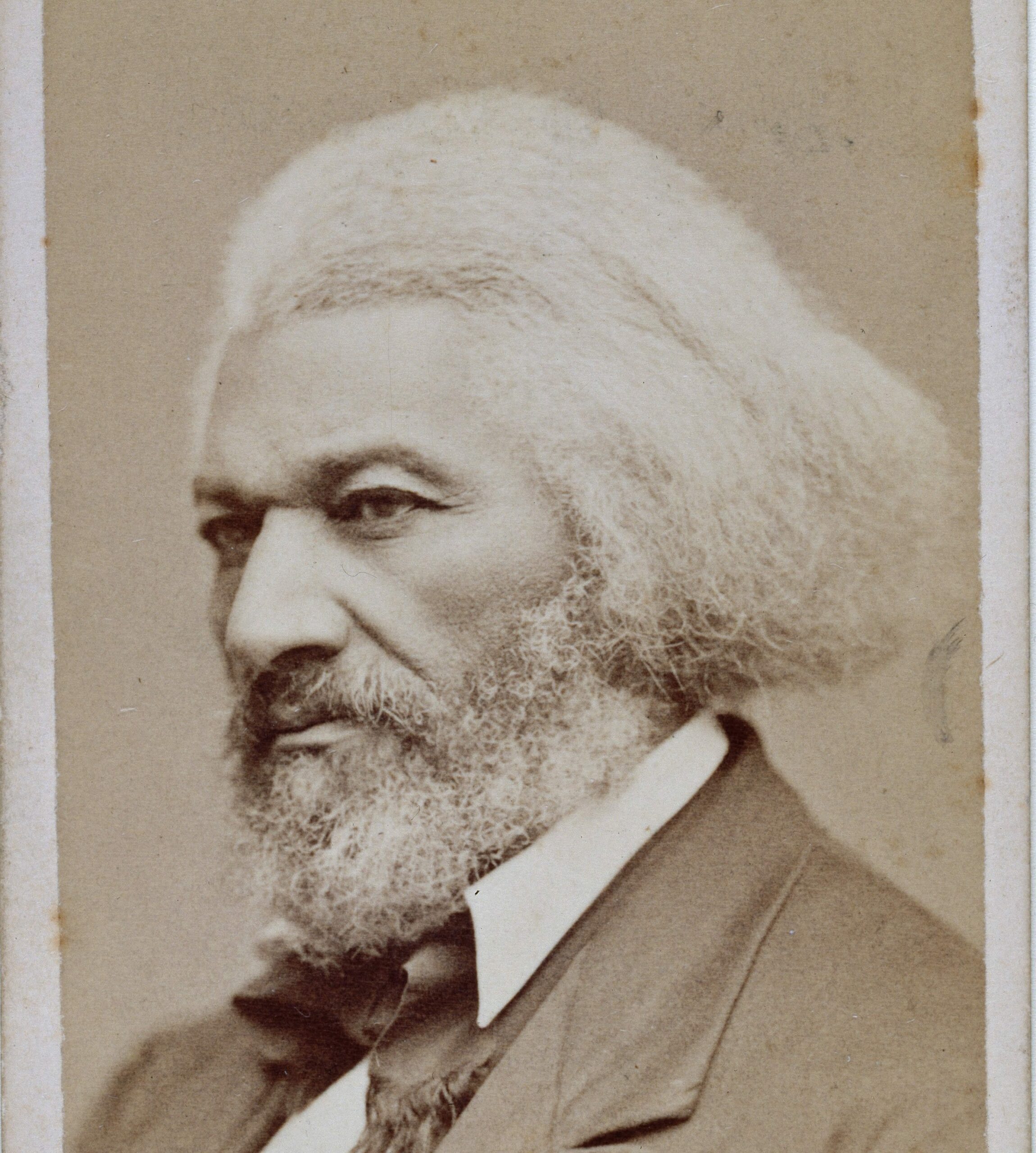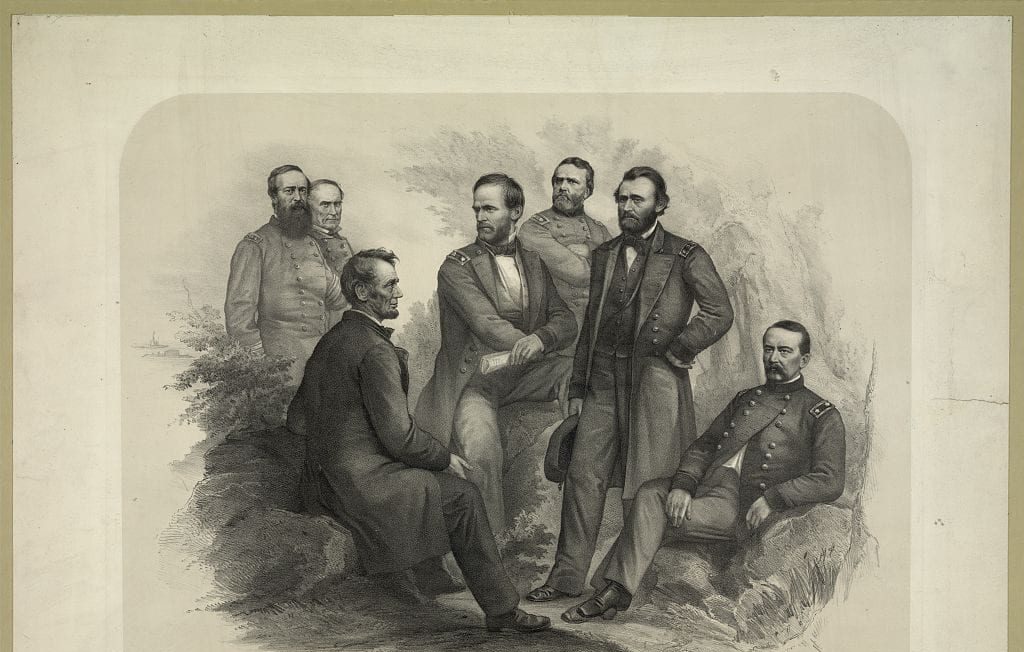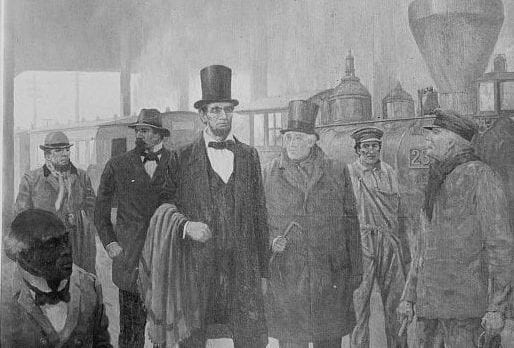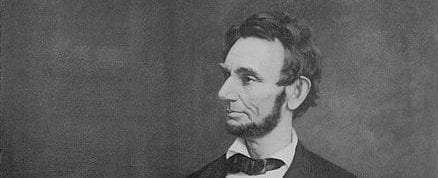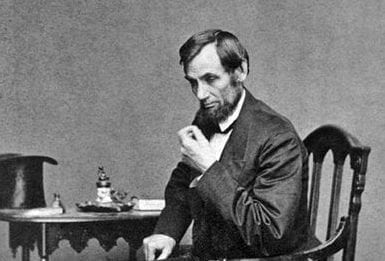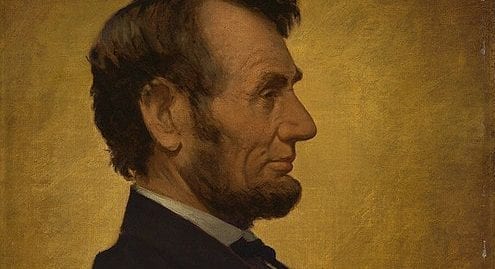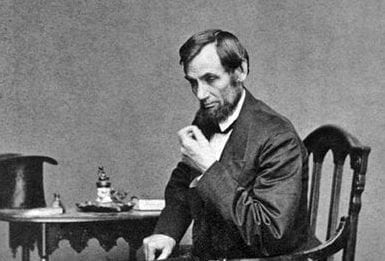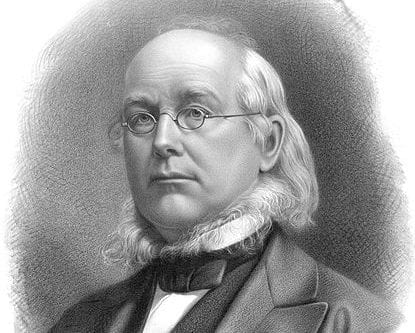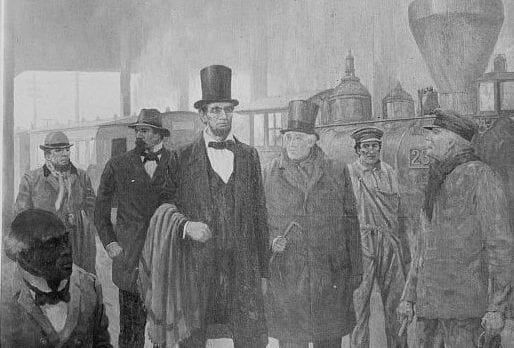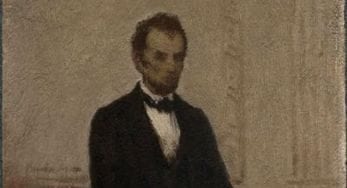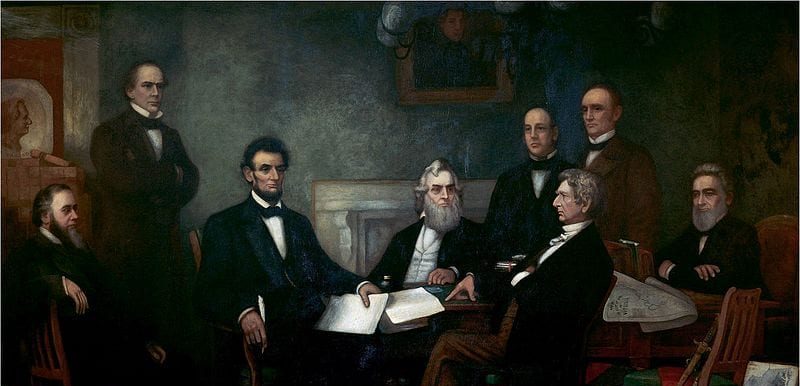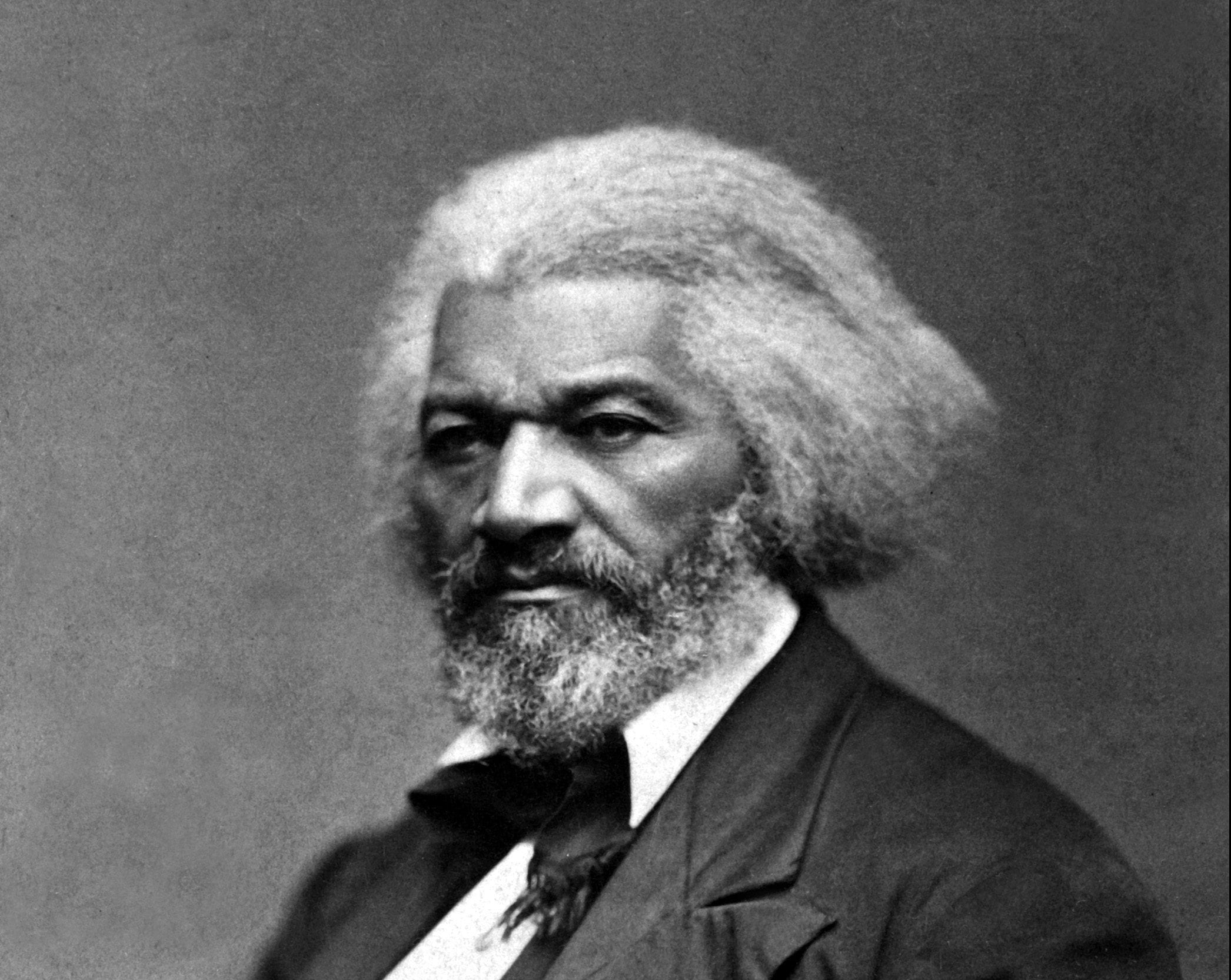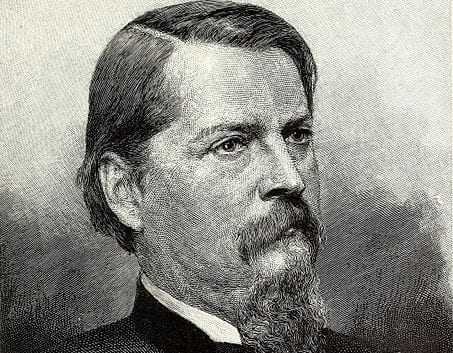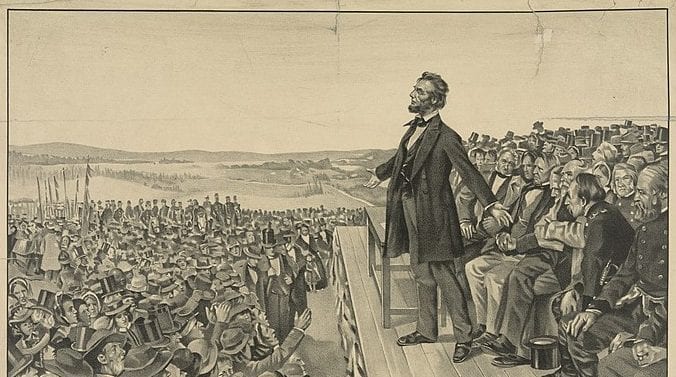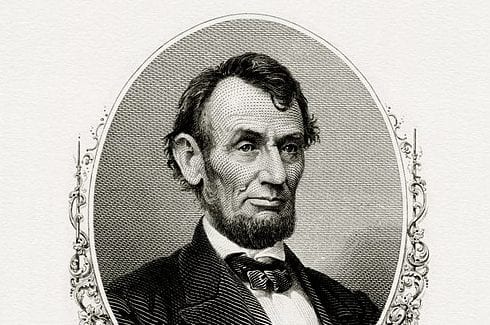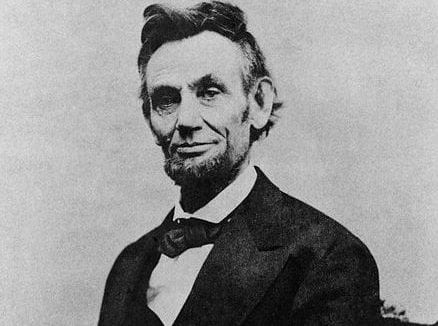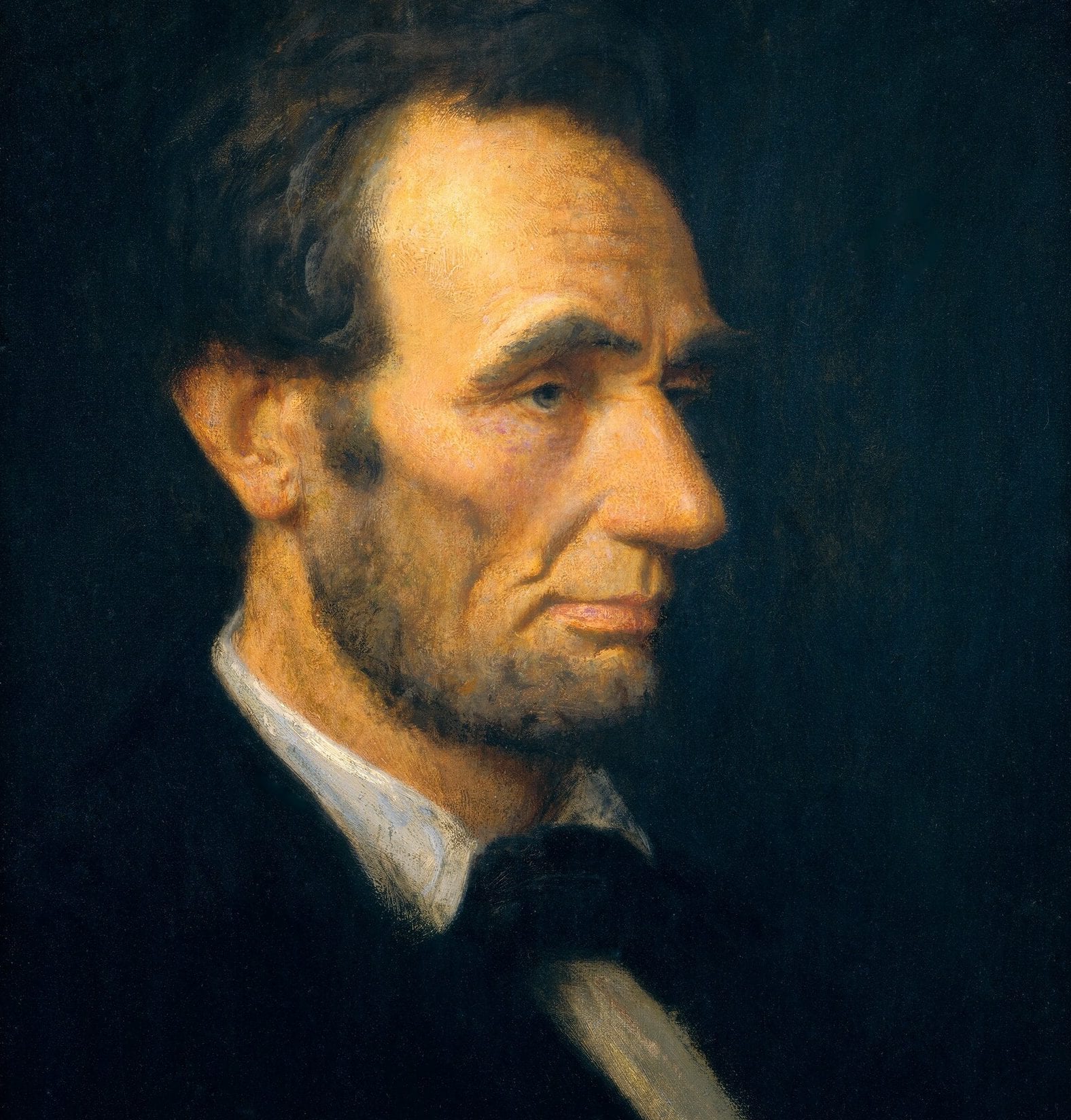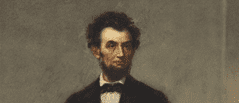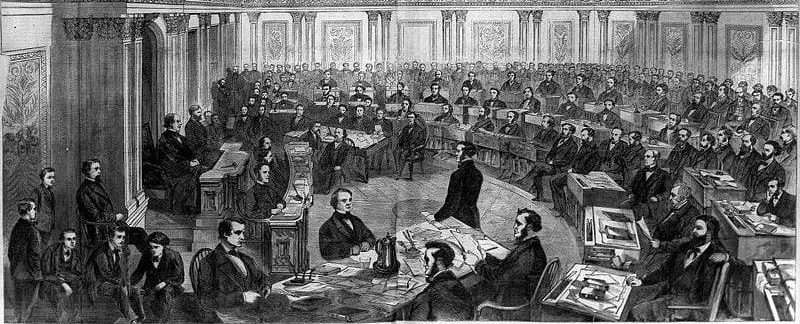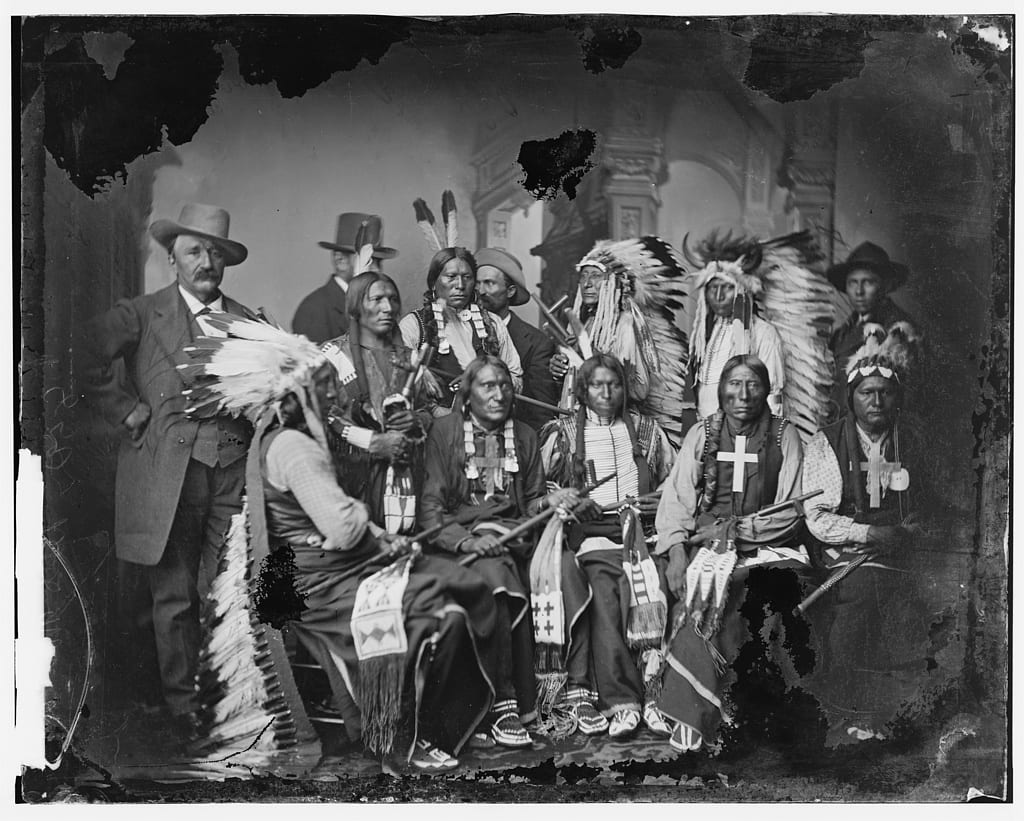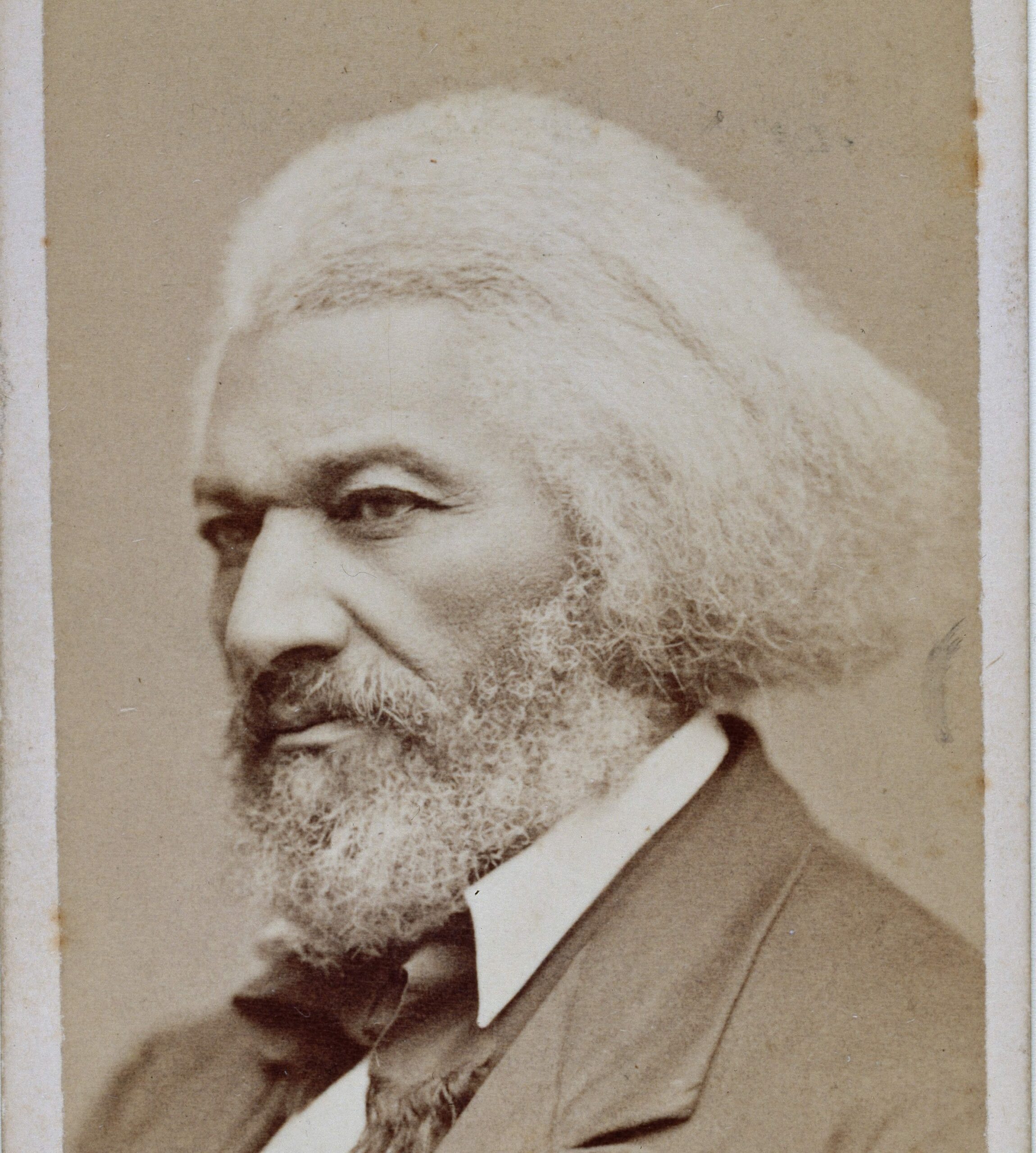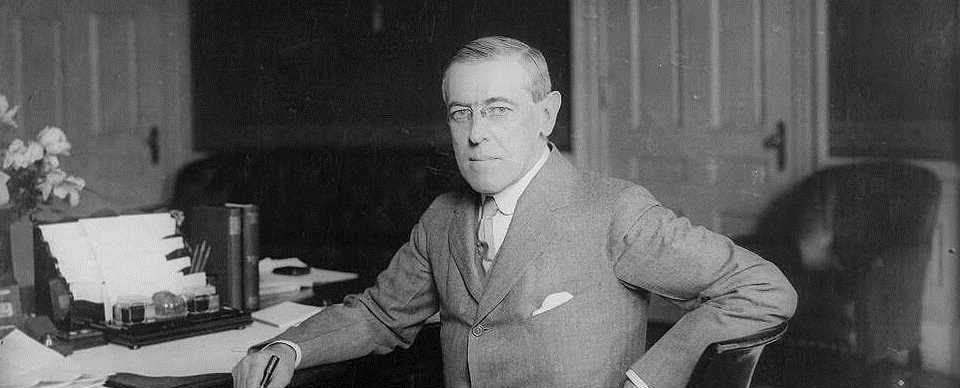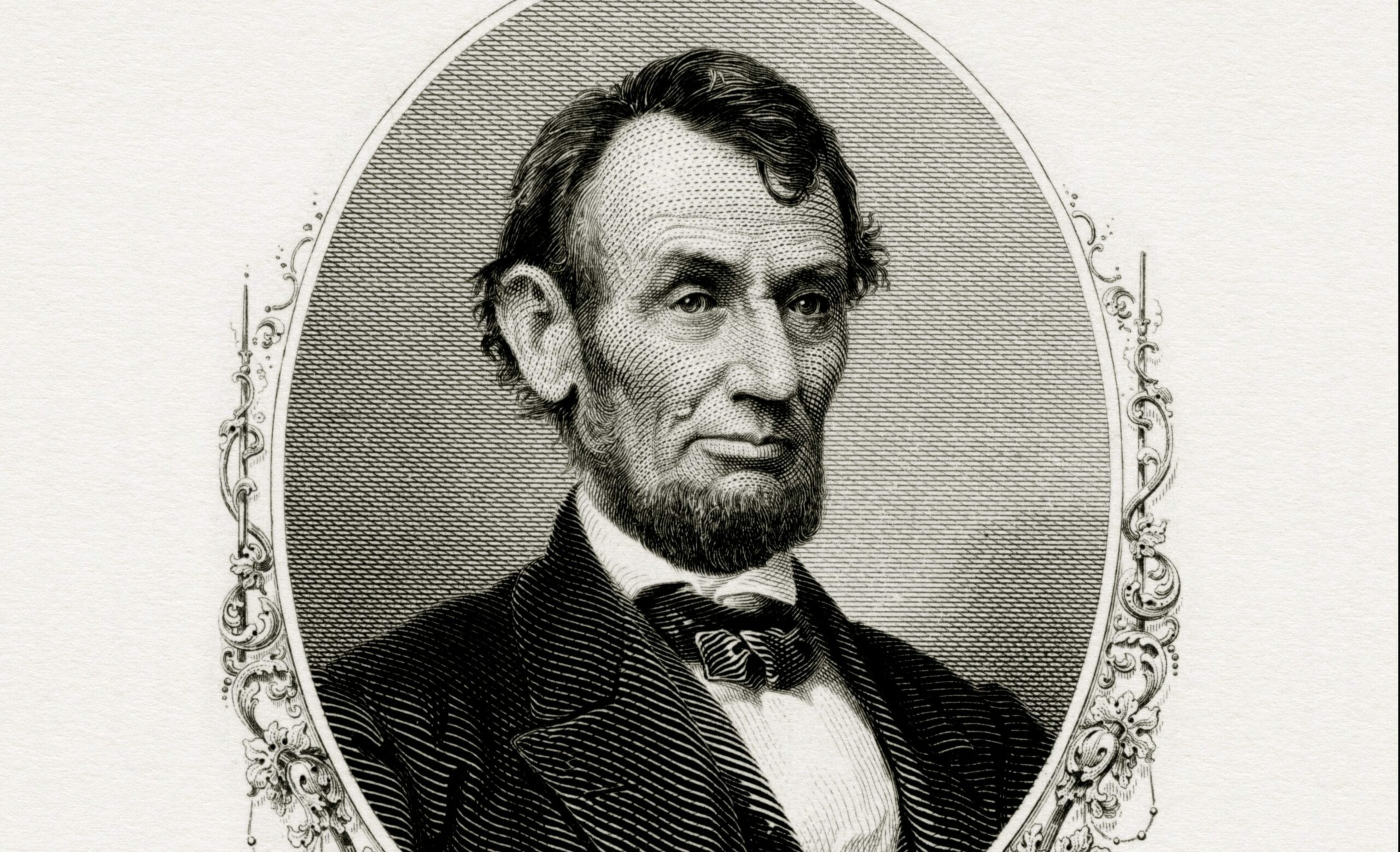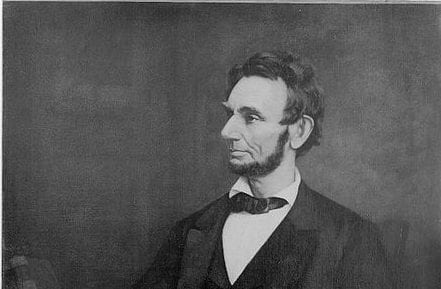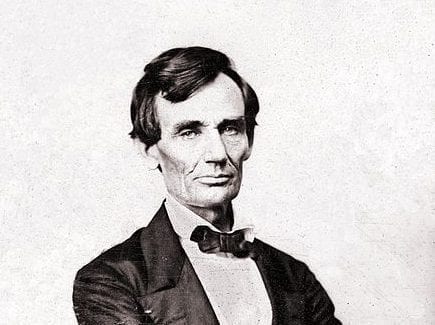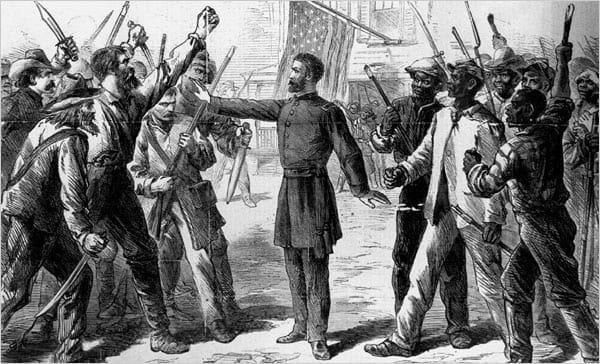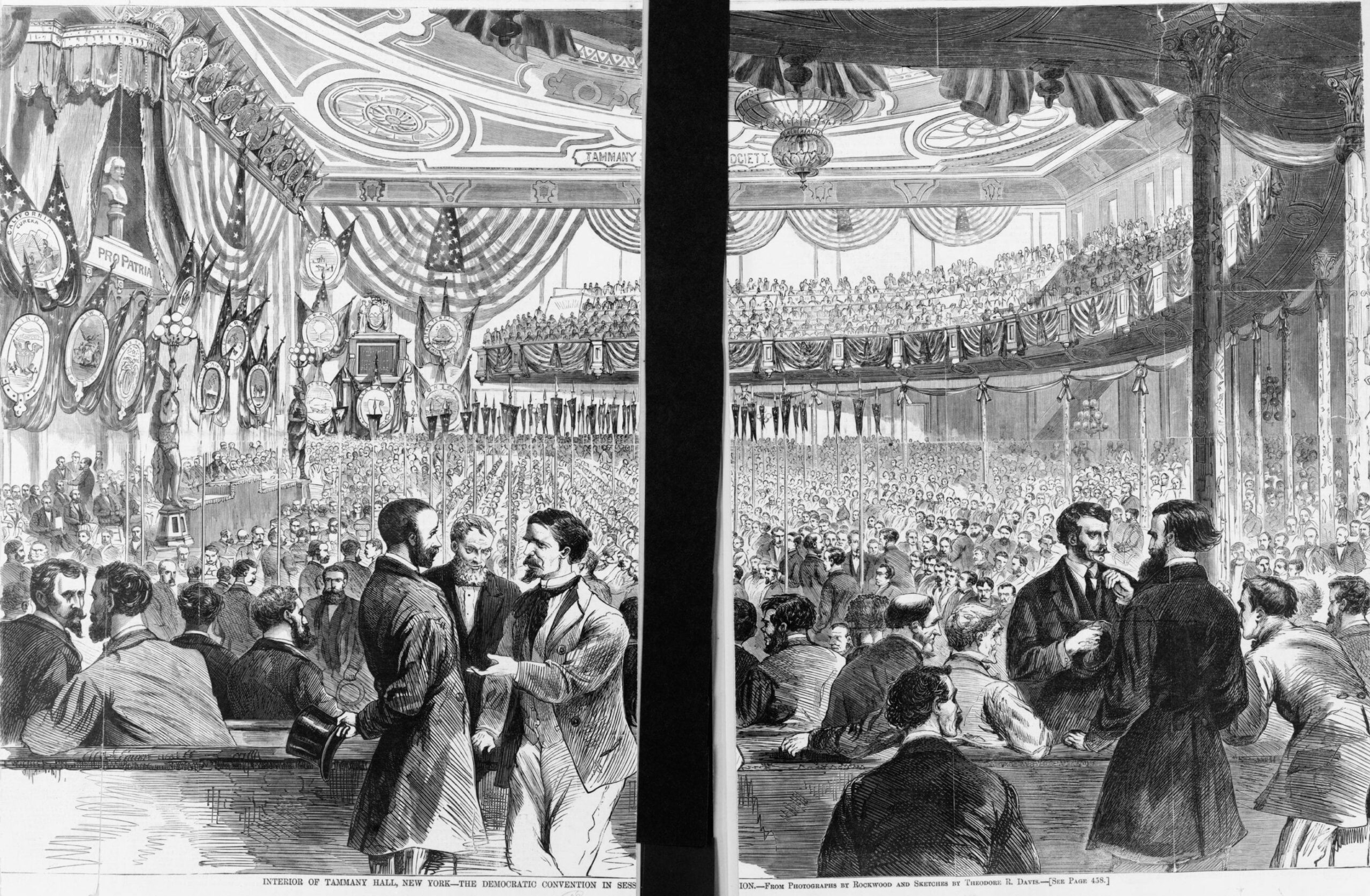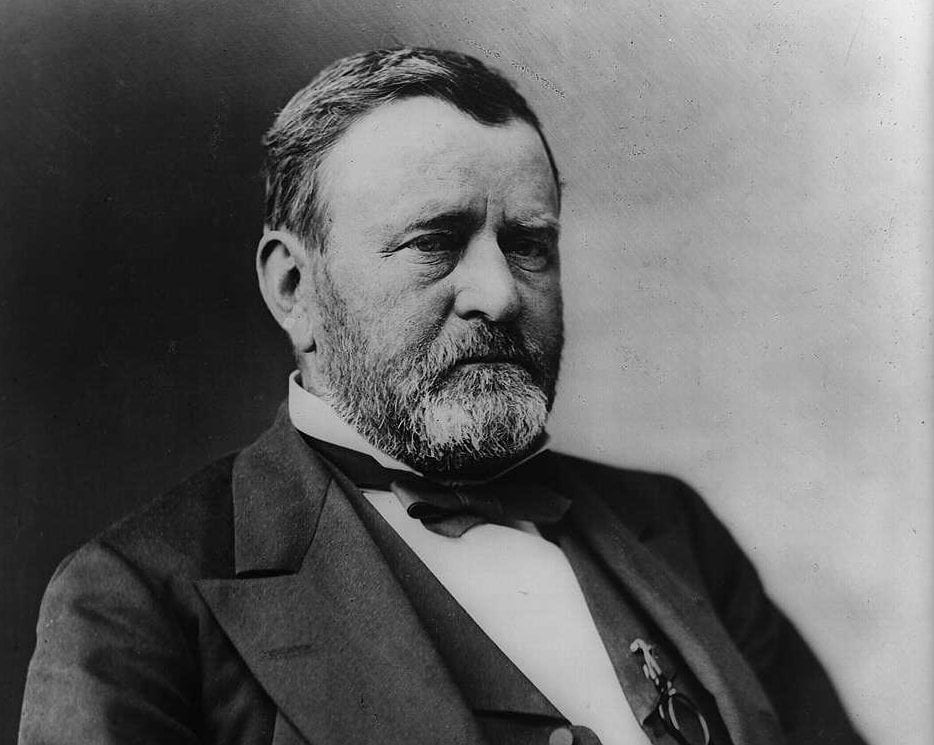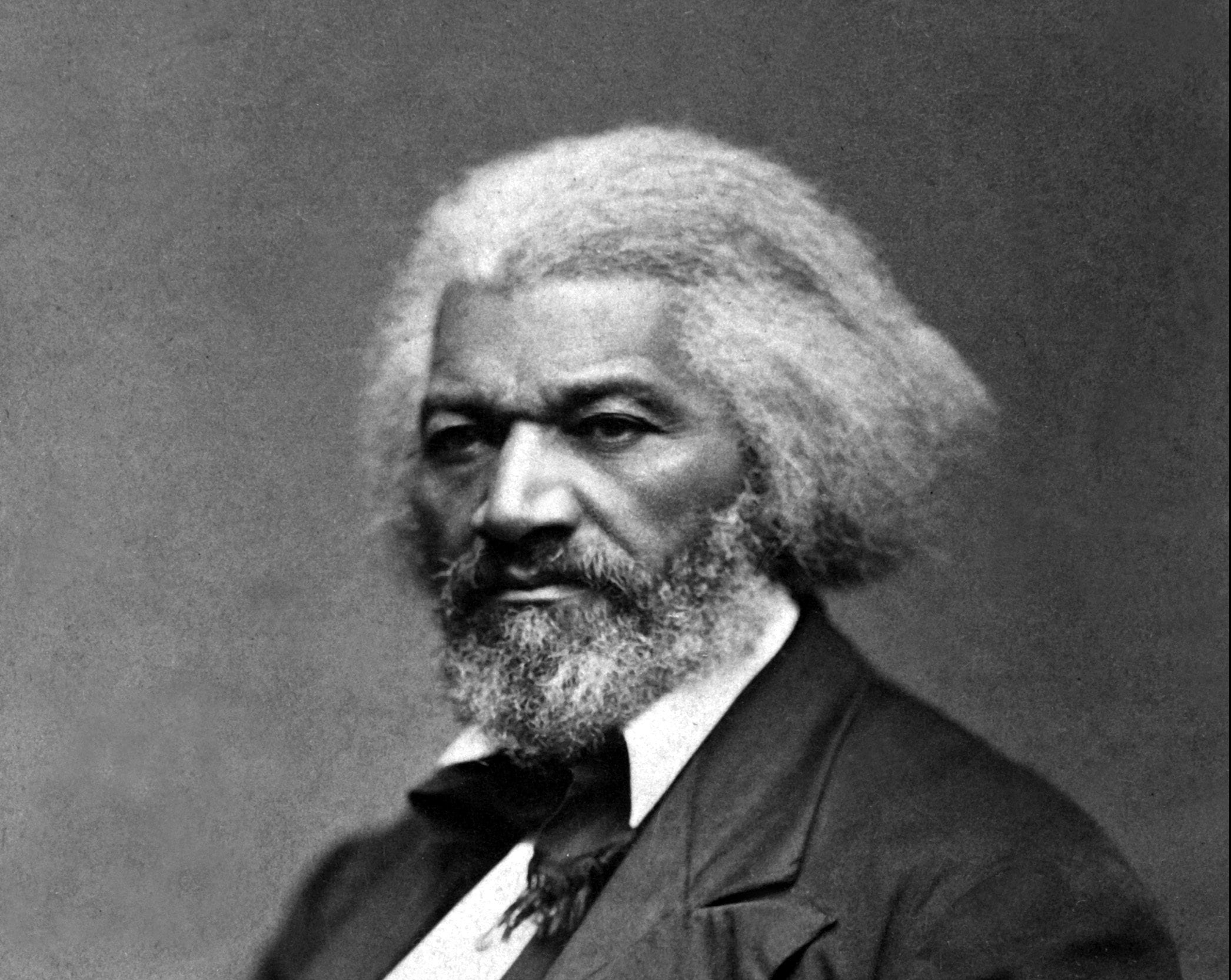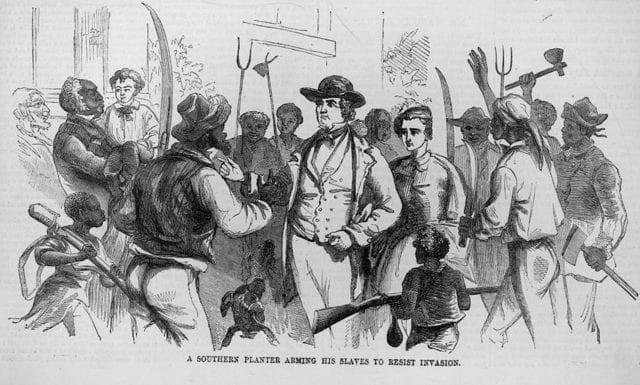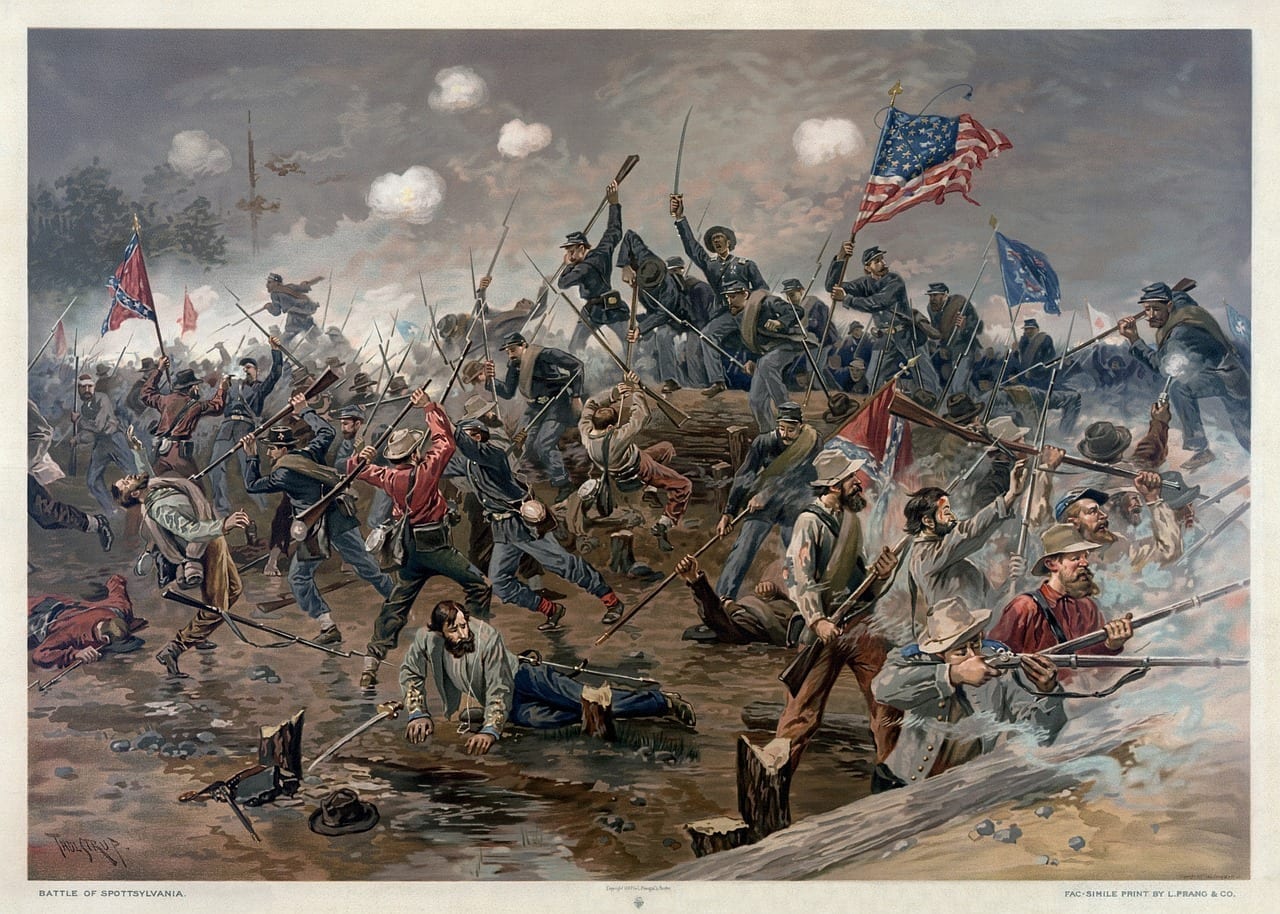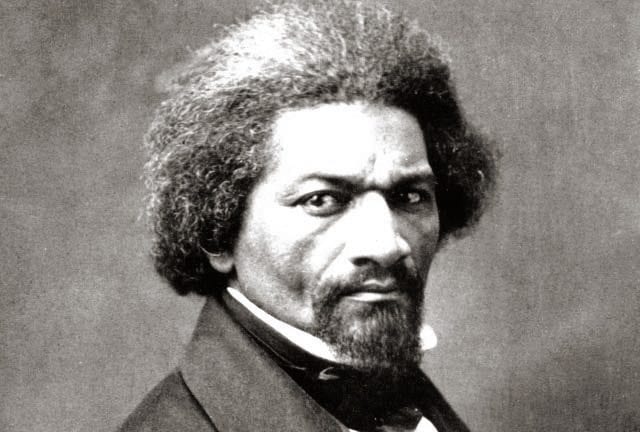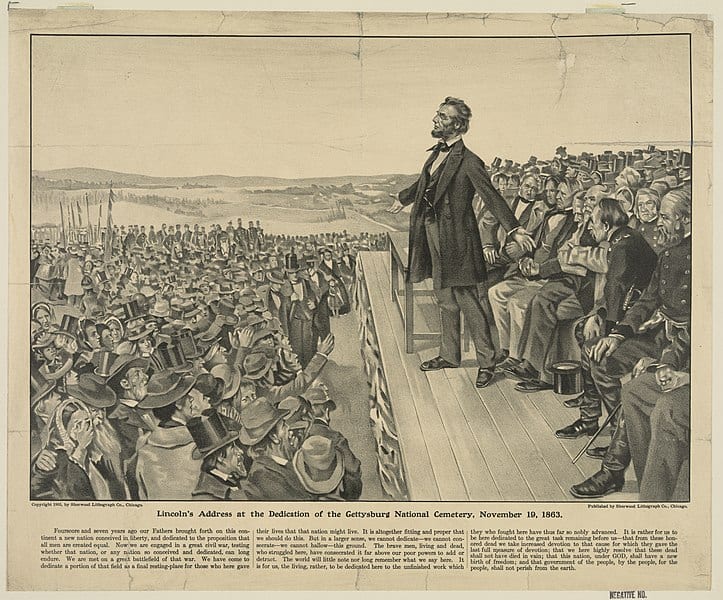
Contrast Thornwell's view of slavery as a sin condemned by the Bible with William Patton's view of John Brown in John Brown’s Body.
Introduction
A Southern Christian View of Slavery
James H. Thornwell was an antebellum Presbyterian preacher and religious writer in South Carolina who served as President of South Carolina College from 1851-1855. He founded and edited the Southern Presbyterian Review and delivered this speech in 1861. During the secession crisis of 1860-61, Thornwell abandoned his previous Unionist position and called for the division of both the nation and the Presbyterian Church.
Thornwell was not the only South Carolina clergyman to defend slavery. Other prominent South Carolinian ministers also defended the institution, including Catholic bishop John England and Baptist Richard Fuller. Although some defenders of slavery believed black people were inherently inferior to whites; Thornwell felt otherwise. He recognized the common humanity of blacks and whites and argued that enslavers should not be “ashamed to call them our brother.” In Thornwell’s view, the Church’s duty was to determine whether “the scriptures directly or indirectly condemn slavery as a sin” and, if not a sin, what duties scripture prescribed for the enslaver and the enslaved. He argued that slavery’s appearances in the Old Testament indicated that God had not opposed the institution and that Jesus did not specifically condemn slavery. Therefore, slavery and Christianity were not incompatible.
Thornwell advocated for the legal recognition of slave marriages, repealing laws against educating enslaved persons, and criminal punishment for abusive masters. He distinguished between the cruelty of individual “wicked” enslavers and the institution. Individuals may be cruel, he argued, but that did not make the system cruel. He once delivered a sermon at the opening of a church for enslaved people in which he argued that his vision of “regulated liberty” for the enslaved promoted stable societies. Thornwell also distinguished between the state’s role in supporting or opposing slavery and that of the Church. Thornwell argued that opposition or support for the institution of slavery was a political decision. Slavery created an orderly society, Thornwell believed. Free labor systems were prone to revolution, socialism, communism, or anarchy.
Source: Thornwell, James H. “Address by the General Assembly to All the Churches of Jesus Christ Throughout the Earth, Unanimously Adopted at their Sessions in Augusta, GA., December, 1861.” In The Presbyterian Historical Almanac and Annual Remembrancer of the Church, edited by Joseph M. Wilson, 431-35. United States: Joseph M. Wilson, 1863. https://www.google.com/books/edition/The_Presbyterian_Historical_Almanac_and/PghLAAAAMAAJ?hl=en&gbpv=0
. . . In addition to this, there is one difference which so radically and fundamentally distinguishes the North and the South, that it is becoming every day more and more apparent that the religious, as well as the secular, interests of both will be more effectually promoted by a complete and lasting separation. The antagonism of Northern and Southern sentiment on the subject of slavery lies at the root of all the difficulties which have resulted in the dismemberment of the Federal Union, and involved us in the horrors of an unnatural war. The Presbyterian Church in the United States has been enabled by Divine grace to pursue, for the most part, an eminently conservative, because a thoroughly scriptural, policy in relation to this delicate question. It has planted itself upon the Word of God, and utterly refused to make slaveholding a sin, or non-slaveholding a term of communion. But though both sections are agreed as to this general principle, it is not to be disguised that the North exercises a deep and settled antipathy to slavery itself, while the South is equally zealous in its defence [sic]. Recent events can have no other effect than to confirm the antipathy on the one hand and strengthen the attachment on the other. The Northern section of the church stands in the awkward predicament of maintaining, in one breath, that slavery is an evil which ought to be abolished, and of asserting in the next, that it is not a sin to be visited by exclusion from communion of the saints. The consequence is, that it plays partly into the hands of abolitionists and partly into the hands of slaveholders, and weakens its influence with both. It eccupies [sic] the position of a prevaricating witness whom neither party will trust. It would be better, therefore, for the moral power of the Northern section of the Church to get entirely quit of the subject. At the same time, it is intuitively obvious that the Southern section of the Church, while even partially under the control of those who are hostile to slavery, can never have free and unimpeded access to the slave population. Its ministers and elders will always be liable to some degree of suspicion. In the present circumstances, Northern alliance would be absolutely fatal. It would utterly preclude the church from a wide and commanding field of usefulness. This is too dear a price to be paid for a nominal union. We cannot afford to give up these millions of souls and consign them, so far as our efforts are concerned, to hopeless perdition, for the sake of preserving an outward unity which, after all, is an empty shadow. If we would gird ourselves heartily and in earnest, for the work which God has set before us, we must have the control of our ecclesiastical affairs, and declare ourselves separate and independent.
And here we may venture to lay before the Christian world our views as a Church, upon the subject of slavery. We beg a candid hearing.
In the first place, we would have it distinctly understood that, in our ecclesiastical capacity, we are neither the friends nor the foes of slavery; that is to say, we have no commission either to propagate or abolish it. The policy of its existence or non-existence is a question which exclusively belongs to the State. We have no right, as a Church, to enjoin it as a duty, or to condemn it as a sin. Our business is with the duties which spring from the relation; the duties of the masters on the one hand, and of the slaves on the other. These duties we are to proclaim and enforce with spiritual sanctions. The social, civil, political problems connected with this great subject transcend our sphere, as God had not entrusted to his Church the organization of society, the construction of Government, nor the allotment of individuals to their various stations. The Church has as much right to preach to the monarchies of Europe, and the despotism of Asia, the doctrines of republican equality, as to preach to the Governments of the South the extirpation of slavery. This position is impregnable, unless it can be shown that slavery is a sin. Upon every other hypothesis, it is so clearly a question for the State, that the proposition would never for a moment have been doubted, had there not been a foregone conclusion in relation to its moral character. Is slavery, then, a sin?
In answering this question, as a Church, let it be distinctly borne in mind that the only rule of judgment is the written word of God. The Church knows nothing of the intuitions of reason or the deductions of philosophy, except those reproduced in the Sacred Canon. She has a positive constitution in the Holy Scriptures, and has no right to utter a single syllable upon any subject, except as the Lord puts words in her mouth. She is founded, in other words, upon express revelation. Her creed is an authoritative testimony of God, and not a speculation, and what she proclaims, she must proclaim with the infallible certitude of faith, and not with the hesitating assent of an opinion. The question, then, is brought within a narrow compass: Do the Scriptures directly or indirectly condemn slavery as a sin? If they do not, the dispute is ended, for the Church, without forfeiting her character, dares not go beyond them.
Now, we venture to assert that if men had drawn their conclusions upon this subject only from the Bible, it would no more have entered into any human head to denounce slavery as a sin, than to denounce monarchy, aristocracy, or poverty. The truth is, men have listened to what they falsely considered as primitive intuitions, or as necessary deductions from primitive cognitions, and then have gone to the Bible to confirm the crotchets of their vain philosophy. They have gone there determined to find a particular result, and the consequence is, that they leave with having made, instead of having interpreted, Scripture. Slavery is no new thing. It has not only existed for ages in the world, but it has existed, under every dispensation of the covenant of grace, in the Church of God. Indeed, the first organization of the Church as a visible society, separate and distinct from the unbelieving world, was inaugurated in the family of a slaveholder. Among the very first persons to whom the seal of circumcision was affixed, were the slaves of the father of the faithful, some born in his house, and others bought with his money. Slavery again re-appears under the Law. God sanctions it in the first table of the Decalogue, and Moses treats it as an institution to be regulated, not abolished; legitimated, and not condemned. We come down to the age of the New Testament, and we find it again in the Churches founded by the Apostles under the plenary inspiration of the Holy Ghost. These facts are utterly amazing, if slavery is the enormous sin which its enemies represent it to be. It will not do to say that the Scriptures have treated it only in a general, incidental way, without any clear implication as to its moral character. Moses surely made it the subject of express and positive legislation, and the Apostles are equally explicit in inculcating the duties which spring from both sides of the relation. They treat slaves as bound to obey and inculcate obedience as an office of religion—a thing wholly self-contradictory, if the authority exercised over them were unlawful and iniquitous.
But what puts this subject in a still clearer light is the manner in which it is sought to extort from the Scriptures a contrary testimony. The notion of direct and explicit condemnation is given up. The attempt is to show that the genius and spirit of Christianity are opposed to it—that its great cardinal principles of virtue are utterly against it. Much stress is laid upon the Golden Rule and upon the general denunciations of tyranny and oppression. To all this we reply that no principle is clearer than that a case positively excepted cannot be included under a general rule. Let us concede, for a moment, that the laws of love, and the condemnation of tyranny and oppression, seem logically to involve, as a result, the condemnation of slavery; yet, if slavery is afterwards expressly mentioned and treated as a lawful relation, it obviously follows, unless Scripture is to be interpreted as inconsistent with itself, that slavery is, by necessary implication, excepted. The Jewish law forbade, as a general rule, the marriage of a man with his brother’s wife. The same law expressly enjoined the same marriage in a given case. The given case was, therefore, an exception, and not to be treated as a violation of the general rule. The law of love has always been the law of God. It was enunciated by Moses almost as clearly as it was enunciated by Jesus Christ. Yet, notwithstanding this law, Moses and the Apostles alike sanctioned the relation of slavery. The conclusion is inevitable, either that the law is not opposed to it, or that slavery is an excepted case. To say that the prohibition of tyranny and oppression include slavery, is to beg the whole question. Tyranny and oppression involve either the unjust usurpation or the unlawful exercise of power. It is the unlawfulness, either in its principle or measure, which constitutes the core of the sin. Slavery must, therefore, be proved to be unlawful, before it can be referred to any such category. The master may, indeed, abuse his power, but he oppresses not simply as a master, but as a wicked master.
But, apart from all this, the law of love is simply the inculcation of universal equity. It implies nothing as to the existence of various ranks and gradations in society. The interpretation which makes it repudiate slavery would make it equally repudiate all social, civil, and political inequalities. Its meaning is, not that we should conform ourselves to the arbitrary expectations of others, but that we should render unto them precisely the same measure which, if we were in their circumstance, it would be reasonable and just in us to demand at their hands. It condemns slavery, therefore, only upon the supposition that slavery is a sinful relation—that is, he who extracts the prohibition of slavery from the Golden Rule, begs the very point in dispute.
We cannot prosecute the argument in detail, but we have said enough, we think, to vindicate the position of the Southern Church. We have assumed no new attitude. We stand exactly where the Church of God has always stood—from Abraham to Moses, from Moses to Christ, from Christ to the Reformers, and from the Reformers to ourselves. We stand upon the foundation of the Prophets and Apostles, Jesus Christ himself being the chief corner-stone. Shall we be excluded from the fellowship of our brethren in other lands, because we dare not depart from the charter of our faith? Shall we be branded with the stigma of reproach, because we cannot consent to corrupt the word of God to suit the intuitions of an infidel philosophy? Shall our names be cast out as evil, and the finger of scorn pointed at us, because we utterly refuse to break our communion with Abraham, Isaac, and Jacob, with Moses, David, and Isaiah, with Apostles, Prophets, and Martyrs, with all the noble army of confessors who have gone to glory from slave-holding countries and from a slave-holding Church, without ever having dreamed that they were living in mortal sin, by conniving at slavery in the midst of them? If so, we shall take consolation in the cheering consciousness that the Master has accepted us. We may be denounced, despised, and cast out of the Synagogues of our brethren. But while they are wrangling about the distinctions of men according to the flesh, we shall go forward in our Divine work, and confidently anticipate that, in the great day, as the consequence of our humble labors, we shall meet millions of glorified spirits, who have come up from the bondage of earth to a nobler freedom than human philosophy ever dreamed of. Others, if they please, may spend their time in declaiming on the tyranny of earthly masters; it will be our aim to resist the real tyrants which oppress the soul—Sin and Satan. These are the foes against whom we shall find it employment enough to wage a successful war. And to this holy war it is the purpose of our Church to devote itself with redoubled energy. We feel that the souls of our slaves are a solemn trust, and we shall strive to present them faultless and complete before the presence of God.
Indeed, as we contemplate their condition in the Southern states, and contrast it with that of their fathers before them, and that of their brethren in the present day in their native land, we cannot but accept it as a gracious Providence that they have been brought in such numbers to our shores, and redeemed from the bondage of barbarism and sin. Slavery to them has certainly been overruled for the greatest good. It has been a link in the wondrous chain of Providence, through which many sons and daughters have been made heirs of the heavenly inheritance. The Providential result is, of course, no justification, if the thing is intrinsically wrong; but it is certainly a matter of devout thanksgiving, and no obscure intimation of the will and purpose of God, and of the consequent duty of the Church. We cannot forbear to say, however, that the general operation of the system is kindly and benevolent; it is a real and effective discipline, and without it, we are profoundly persuaded that the African race in the midst of us can never be elevated in the scale of being. As long as that race, in its comparative degradation, coexists, side by side, with the white, bondage is its normal condition.
As to the endless declamation about human rights, we have only to say that human rights are not a fixed, but a fluctuating quantity. Their sum is not the same in any two nations on the globe. The rights of Englishmen are one thing, the rights of Frenchmen another. There is a minimum without which a man cannot be responsible; there is a maximum which expresses the highest degree of civilization and of Christian culture. The education of the species consists in its ascent along this line. As you go up, the number of rights increases, but the number of individuals who possess them diminishes. As you come down the line, rights are diminished, but the individuals are multiplied. It is just the opposite of the predicamental scale of the logicians. There comprehension diminishes as you ascend and extension increases, and comprehension increases as you descend and extension diminishes. Now, when it is said that slavery is inconsistent with human rights, we crave to understand what point in this line is the slave conceived to occupy. There are, no doubt, many rights which belong to other men—to Englishmen, to Frenchmen, to his master, for example—which are denied to him. But is he fit to possess them? Has God qualified him to meet the responsibilities which their possession necessarily implies? His place in the scale is determined by his competency to fulfill its duties. There are other rights which he certainly possesses, without which he could neither be human nor accountable. Before slavery can be charged with doing him injustice, it must be shown that the minimum which falls to his lot at the bottom of the line is out of proportion to his capacity and culture-- a thing which can never be done by abstract speculation. The truth is, the education of the human race for liberty and virtue, is a vast Providential scheme, and God assigns to every man, by a wise and holy decree, the precise place he is to occupy in the great moral school of humanity. The scholars are distributed into classes, according to their competency and progress. For God is in history.
To avoid the suspicion of a conscious weakness of our cause, when contemplated from the side of pure speculation, we may advert for a moment to those pretended intuitions which stamp the reprobation of humanity upon this ancient and hoary institution. We admit that there are primitive principles in morals which lie at the root of human consciousness. But the question is, how are we to distinguish them? The subjective feeling of certainty is no adequate criterion, as that is equally felt in reference to crotchets and hereditary prejudices. The very point is to know when this certainty indicates a primitive cognition, and when it does not. There must, therefore, be some eternal test, and whatever cannot abide that test has no authority as a primary truth. That test is an inward necessity of thought, which, in all minds at the proper stage of maturity, is absolutely universal. Whatever is universal is natural. We are willing that slavery should be tried by this standard. We are willing to abide by the testimony of the race, and if man, as man, has every where condemned it—if all human laws have prohibited it as crime—if it stands in the same category with malice, murder, and theft; then we are willing, in the name of humanity, to renounce it, and to renounce it forever. But what if the overwhelming majority of mankind have approved it? what if philosophers and statesmen have justified it, and the laws of all nations acknowledged it? what then becomes of these luminous intuitions? They are an ignis fatuus, mistaken for a star.
We have now, brethren, in a brief compass, for the nature of this address admits only of an outline, opened to you our whole hearts upon this delicate and vexed subject. We have concealed nothing. We have sought to conciliate no sympathy by appeals to your charity. We have tried our cause by the word of God; and though protesting against its authority to judge in a question concerning the duty of the Church, we have not refused to appear at the tribunal of reason. Are we not right, in view of all the preceding considerations, in remitting the social, civil, and political problems connected with slavery to the State? Is it not a subject, save in the moral duties which spring from it, which lies beyond the province of the Church? Have we any right to make it an element in judging of Christian character? Are we not treading in the footsteps of the flock? Are we not acting as Christ and his Apostles have acted before us? Is it not enough for us to pray and labor, in our lot, that all men may be saved, without meddling as a Church with the technical distinction of their civil life. We leave the matter with you. We offer you the right hand of fellowship. It is for you to accept it or reject it. We have done our duty. We can do no more. Truth is more precious than union, and if you cast us out as sinners, the breach of charity is not with us, as long as we walk according to the light of the written word. . . .

Conversation-based seminars for collegial PD, one-day and multi-day seminars, graduate credit seminars (MA degree), online and in-person.


